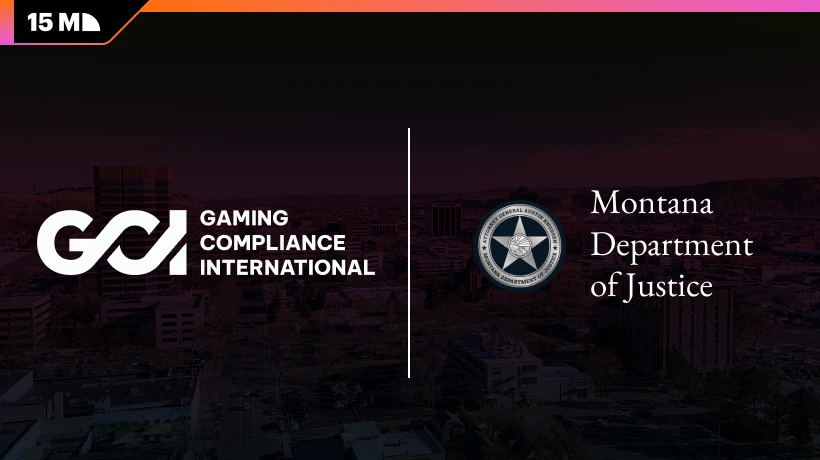Brazil’s Federal Police arrested accountant Rodrigo Morgado last week as part of Operation Narco Bet. Investigators call him the “financial operator” for an international drug trafficking ring.
Morgado moved more than BR19m ($3.4m) between accounts. Some of that money went to influencer Buzeira, who was also arrested. She’s accused of running fake online raffles.
The accountant promoted tax services publicly. But police say he did much more than that behind the scenes. He coordinated transfers and managed how drug profits got mixed into betting businesses that looked legitimate on social media.
His lawyers say he’s innocent. They claim he only provided standard accounting services and didn’t know about any criminal activity.
Why Regulators Are Watching Betting Platforms
This case shows how criminals can exploit digital gambling channels, and it’s got regulators worried.
Unregulated betting sites don’t have the same checks as licensed ones. That makes them attractive for money laundering. The Narco Bet network used this gap to move millions without raising immediate red flags.
Brazil’s gambling market is still taking shape. New regulations are coming, but enforcement hasn’t caught up everywhere. Criminals moved fast to take advantage of that window.
The investigation reveals a pattern that goes beyond one group. Authorities are analysing financial records to find other networks using similar methods.
What the Money Laundering Scheme Looked Like
The network channelled drug money through betting platforms using shell companies and offshore accounts. They disguised where the funds came from.
Money passed through electronic gaming systems first. Then it moved through crypto-based transactions. This created layers that made tracking harder.
After washing the money, they bought luxury items — imported vehicles and yachts, according to court filings. The kind of purchases that look normal if the money seems clean.
Front businesses ran betting and raffle operations on social media. These looked like real companies to casual observers. But investigators say they existed mainly to process dirty money.
How This Changes the Betting Sector’s Risk Profile
Federal Police are still going through financial records. They’re tracing how funds entered betting operations and where else the network operates.
A new bill in Brazil wants to direct part of betting tax revenue toward cybersecurity programs. That’s a direct response to cases like this one.
Licensed operators face increased scrutiny now. They’ll need stronger verification processes to prove they’re not being used for laundering. The bar just got higher for compliance.
Investigators suspect this isn’t an isolated case. More enforcement actions could follow as authorities dig deeper into betting-related financial crime.







